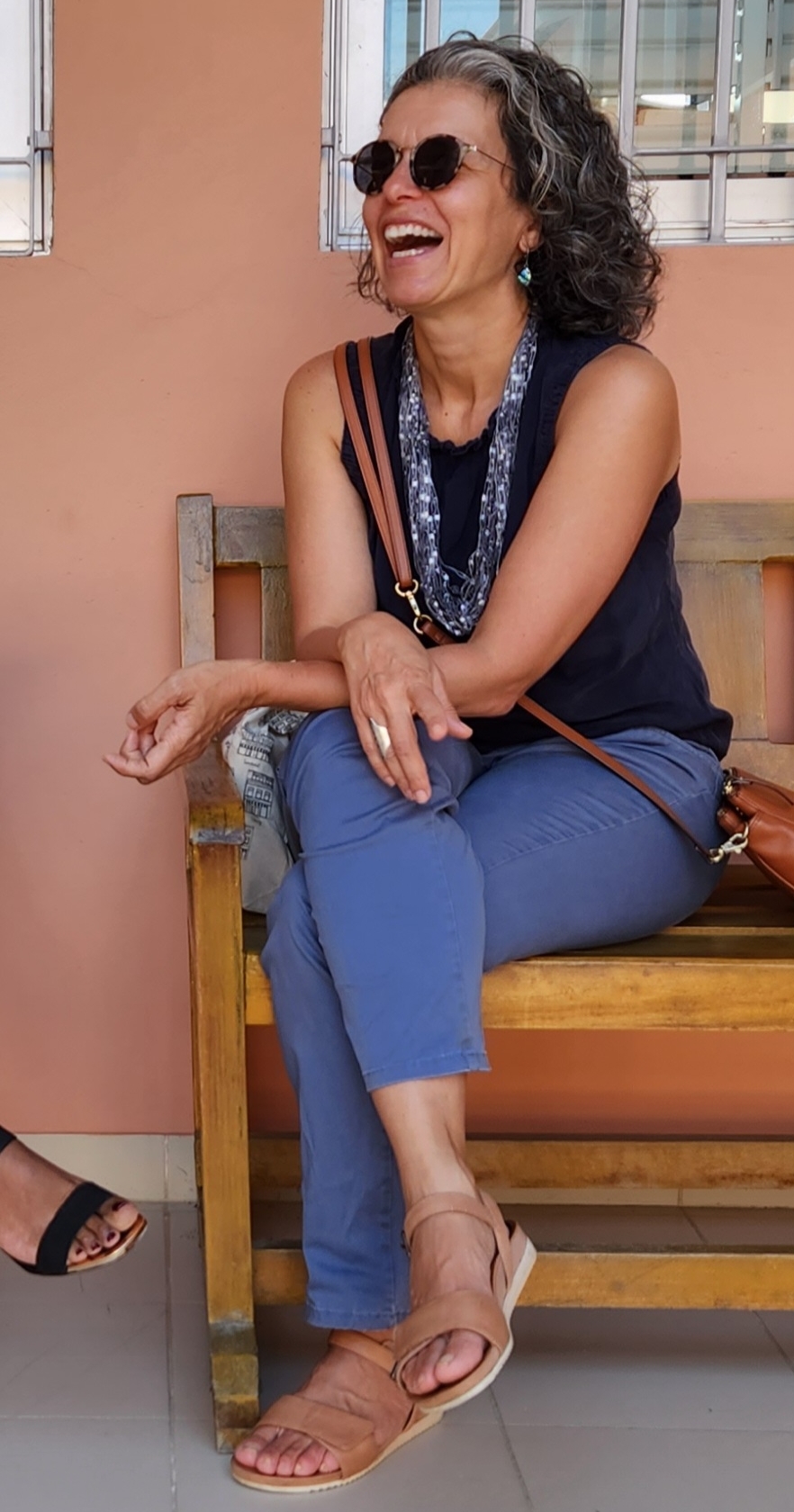
Historian Mariana Candido, a 2023-24 Berlin Prize fellow, is working on a book about African women’s multiple roles in the early days of the slave trade.
She is among 26 U.S.-based recipients that the American Academy in Berlin selected as representing the highest standards of excellence in their fields within the humanities and social sciences. The prize provides recipients the time and resources to advance important scholarly and artistic projects, while also creating opportunities for community engagement through lectures, readings and performances.
“Professor Candido’s scholarship is distinguished by a rare combination of archival depth and chronological breadth,” says Joseph Crespino, the Jimmy Carter Professor of History and department chair. “The Berlin Prize fellowship, one of the most prestigious in the field, is fitting recognition for her ground-breaking research.”
Candido plans to spend the fall in Berlin writing a new book, “Beyond Queens and Captives: Women in Angola, 1500 to 1880s.” The idea grew out of a course she teaches on African women’s history that discusses the historical forces shaping African women’s lives, as well as how women served as active historical agents.
Candido used first-hand accounts from archives and libraries in Angola, Portugal and Brazil for the course, after discovering that existing books on women in Angola did not cover the formation and consolidation of the Black Atlantic World.
“After realizing the challenge of teaching and summarizing the period that spans from early contacts with Europeans, the rise of the transatlantic slave trade, political and economic transformation in the interior, and the partition of the African continent by European powers — and prioritizing how these events affected women — I decided to write a book about it,” Candido says.
The new book, Candido’s fourth, will examine African women's multiple roles as leaders and commoners, free and enslaved, during the era of the slave trade and European imperialism.
Ana Caterina Teixeira, director of Emory’s Portuguese program and a core faculty member in the Institute for African Studies, connected Candido with three then-undergraduates — Valentina Garcia Ocampos, Lucas Wright and Brandon Carmona — to help translate the primary sources into English for the course and, now, for the book.
Candido is excited to add to her work in Germany. She plans to include objects and ethnographic notes about Angola at the Ethnologisches Museum that will expand the geographical scope of the book to include more information about the interior of Angola.
That work, and collaboration with colleagues from Potsdam University, Humboldt University and scholars from the Max Planck Institute, will help with her broader goal of interrogating the historical roots of inequalities, racism and the afterlives of slavery, Candido says.
Specifically, the book will demonstrate the gendered impact of Portuguese conquest and occupation, including the political power of female rulers in the region and how slavery affected the skilled work that women fulfilled. It also examines the historical nature of gender roles and sexuality, including the acceptance of same-gender relationships and marriages.
“My book will serve as a corrective to established male-centered histories of precolonial Africa,” Candido says. “It is refreshing to receive support for this kind of work I do and what I am planning to do.”
